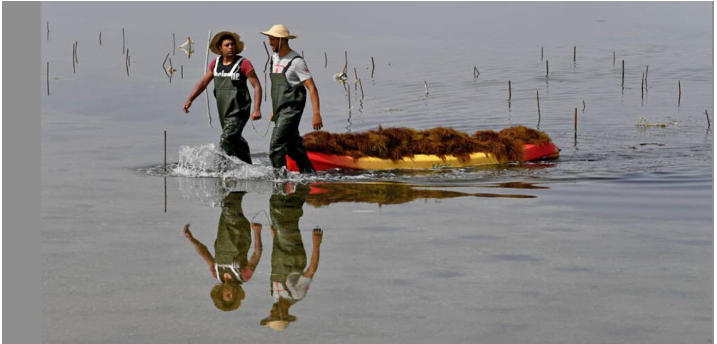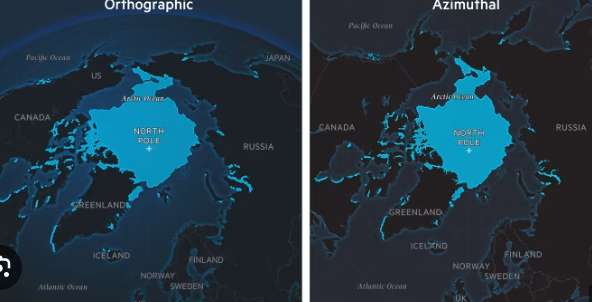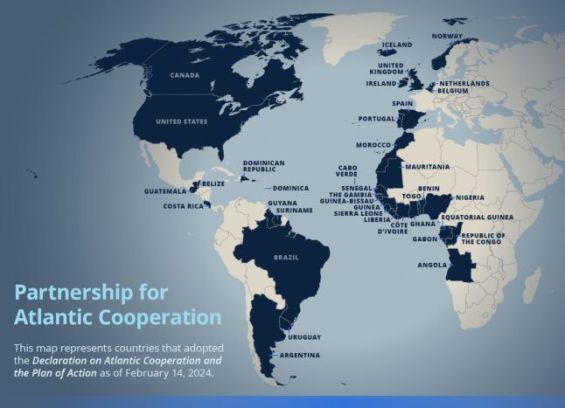In Tunisia, seaweed exploitation is still in its infancy, but the potential is immense due to a rich marine biodiversity and favorable climatic conditions. It is crucial to advance research, extension services, funding, and public-private partnerships to develop existing seaweed species and diversify them according to global market demand. (Ph. Fethi Belaïd- AFP)
Tarek Kaouache
The 2024 edition of Aquaculture Africa, scheduled to take place from November 19 to 22 in Tunis under the theme « Blue Economy: New Horizons for Economic Growth, » could be a pivotal moment to highlight the growing importance of seaweed farming from economic, social, and environmental perspectives for both Tunisia and the entire African continent. It also presents an opportunity to position Tunisia as a regional leader in this innovative sector. Recall that at the end of May 2024, former Minister of Environment Leila Chikhaoui announced the launch of the synthesis of the « Blue Economy Roadmap » and the « Plastic-Free Coastal Strategy, » developed with the support of the World Bank to address the challenges and priorities set by Tunisia and the United Nations in these areas.
The concept of the blue economy, centered on the sustainable management of marine resources, is gaining prominence in sustainable development strategies. Among the many opportunities it presents, seaweeds stand out as versatile and promising resources capable of addressing major current challenges in innovative and sustainable ways on social, environmental, and economic fronts.
A Growing Global Market
According to the « World Report on Emerging Seaweed Markets 2023 » by the World Bank Group, seaweed farming is distinguished by its ability to capture CO2, support marine biodiversity, provide employment (particularly for women), and create sustainable value chains.
With enormous growth potential, seaweed farming could contribute to building a poverty-free world while preserving our planet. The report estimates an additional growth potential of $11.8 billion for global seaweed markets by 2030, though many opportunities remain underexploited.
Source: Kapitalis




